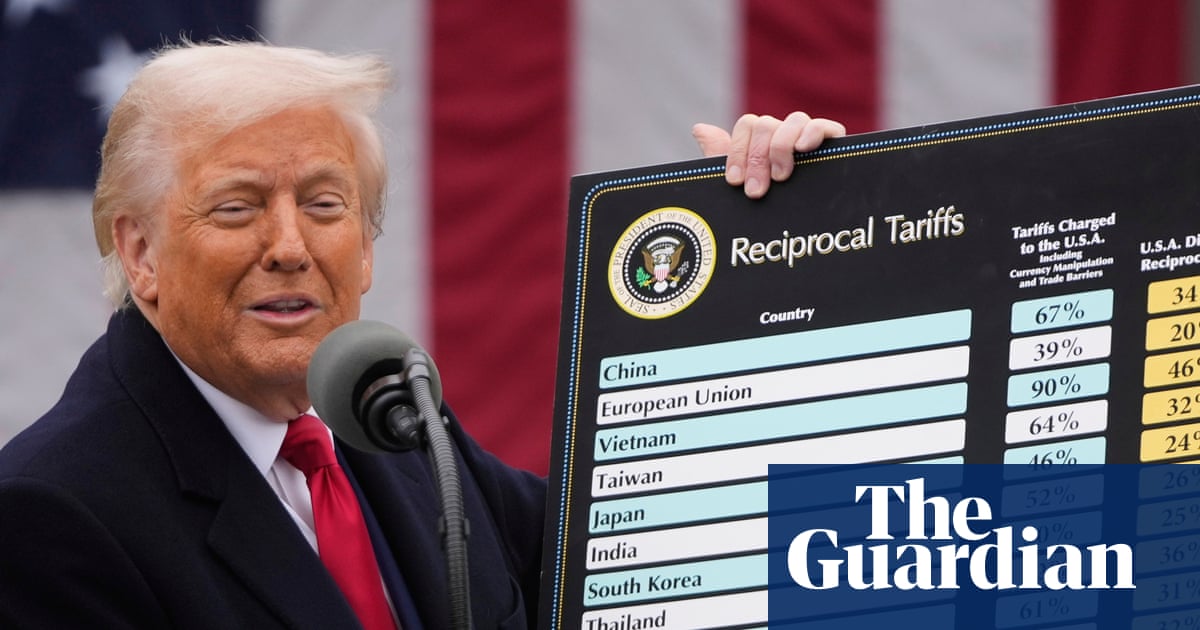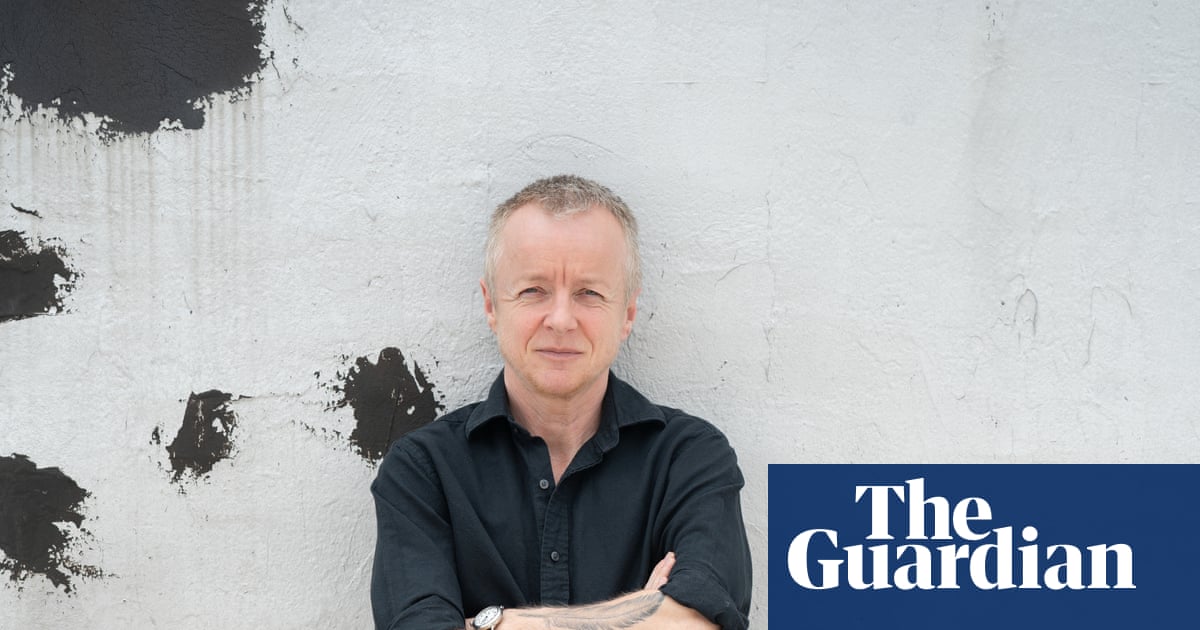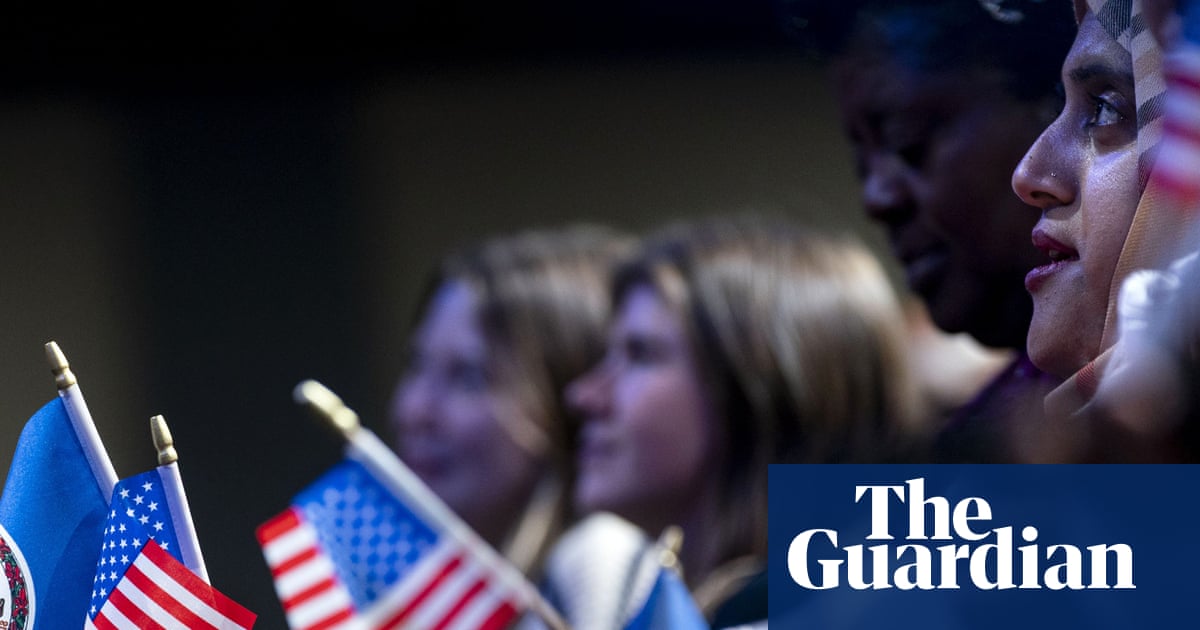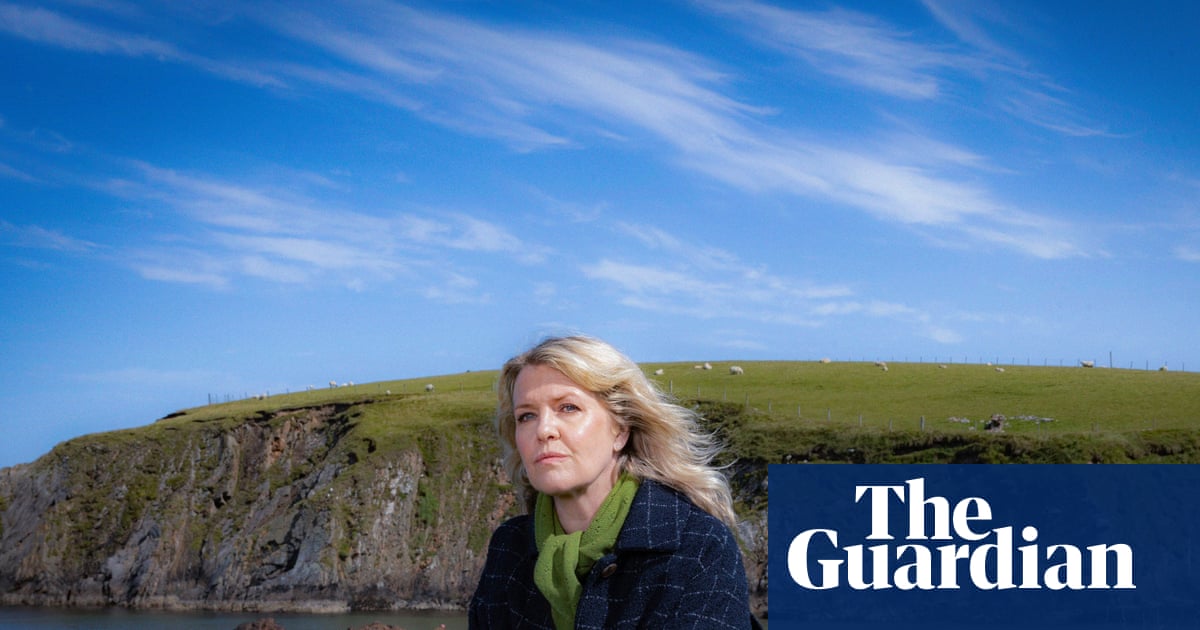It was predictable that August in Edinburgh would see a flare-up of the gender wars. Scottish politics has been pivotal in the UK-wide battle over gender self-identification, and the issue has come up at the Edinburgh festival before. Probably no one would have expected the National Library of Scotland to be the battlefield. But when a bestselling gender-critical anthology, The Women Who Wouldn’t Wheesht, was excluded from a centenary exhibition, that is what happened.
The book, whose title means “the women who wouldn’t be quiet”, is a collection of essays about the Scottish campaign against Nicola Sturgeon’s gender reforms. Its 34 authors include JK Rowling, six politicians and the group For Women Scotland, which won April’s landmark supreme court case about the meaning of the words “sex”, “woman” and “man” in the Equality Act.
Its editors, Lucy Hunter Blackburn and Susan Dalgety, were already upset when they learned that their book had not been chosen for the Dear Library exhibition. They had not been invited to appear at the Edinburgh book festival either – despite their big-name contributors and hot topic. So they put in a freedom of information request. When it revealed that their book had received four nominations from members of the public, before being rejected at the urging of an LGBTQ+ staff network, they complained.
Last week’s result, after a pointed intervention by Index on Censorship, was an apology and a U-turn. Blackburn, a former civil servant, said it had been “emotional”, and that she would now tell her 97-year-old mother, a retired bookseller, all about it.
This perhaps sounds tame compared with the Irish writer Graham Linehan’s arrest at Heathrow by armed officers, and the row about the policing of tweets that followed. But I think the argument about The Women Who Wouldn’t Wheesht is important – and not only because, as the author of a gender-critical book myself, its reception has implications for me.
When trans rights activists and allies talk about this issue as a “culture war”, they imply that advocates for single-sex sports and spaces, or against treating children with puberty-blocking drugs, lack the legitimacy of other human rights campaigners. Disagreements about sex and gender identity are portrayed as the gratuitously divisive fodder of rightwing populists.
I think this is anti-democratic and anti-feminist. Women’s concerns about their safety, privacy and equal sporting opportunities should be part of the political mainstream. But if culture is defined more narrowly to mean the interlinked worlds of publishing, media, arts and entertainment, then it is true that a battle over women’s and trans rights is raging there, having been displaced from the centre of politics by the UK and Scottish governments’ rejection of self-ID, and the supreme court’s ruling that “sex” in the Equality Act refers to biological sex.
While governments accepted the 87-page judgment, the National Library of Scotland is not the only cultural organisation to have taken the view (until it changed its mind) that gender-critical arguments should be ignored or suppressed. This attitude has been prevalent in the humanities faculties of universities as well. One early example was the treatment, by some students and staff, of the philosopher Kathleen Stock. Her book Material Girls: Why Reality Matters for Feminism was the first “trade” title (for a general audience) of the UK campaign against self-ID. In 2021 Stock left her job at the University of Sussex after protests, including smoke bombs, targeted her. Other cases cited in a recent report by the social researcher Matilda Gosling on the publishing industry include campaigns by colleagues against the children’s author Rachel Rooney and the publisher Ursula Doyle, who recently settled a discrimination case against her former employer Hachette.
Blackburn and Dalgety were ignored not only by Edinburgh’s book festival. They have not been invited to any book festivals at all. Nor has Jenny Lindsay, the Scottish author of Hounded, which describes how she was driven out of her career as a poet and arts programmer due to her gender-critical views. There are more than 100 literary festivals in the UK each year, and big ones such as Edinburgh’s feature hundreds of authors.
I was invited to three literary festivals, and am lucky to be able to write about these issues in the Guardian. But I have also been snubbed. Last year the Conway Hall in London refused a booking for a launch of my book, and complaints to other venues where I was appearing were stressful and upsetting. In June I had the humiliating experience of being cancelled in Poland after an interview I gave to a news website, Oko, was taken down the day after publication – a decision for which Oko, which won an Index on Censorship award in 2020, gave no explanation.
after newsletter promotion
Female writers are not the only ones affected. Last month saw an LGBTQ+ literary award, the Polari prize, being cancelled for this year after protests at the longlisting of John Boyne, a gender-critical gay man. People working in the arts have also suffered. In 2023 Denise Fahmy won a harassment case against Arts Council England. She now helps to run an organisation promoting free expression for artists.
About the law, the British anti-self ID movement has been proved right. Gender identity does not trump biological sex in the Equality Act. Trans people’s rights and protections coexist with sex-based ones, rooted in the reality that biology shapes us all. By keeping what they regard as bigoted views out of cultural spaces, activists presumably believe themselves to be moving ahead of an outdated law. Of course individuals must be free to express views and make choices. But they should be mindful of the cumulative effect of their complaints and boycotts. I think they undermine principles of diversity, inclusion and pluralism, and make a mockery of progressive claims to stand against culture wars.
-
Susanna Rustin is a social affairs journalist and the author of Sexed: A History of British Feminism

 1 month ago
41
1 month ago
41

















































